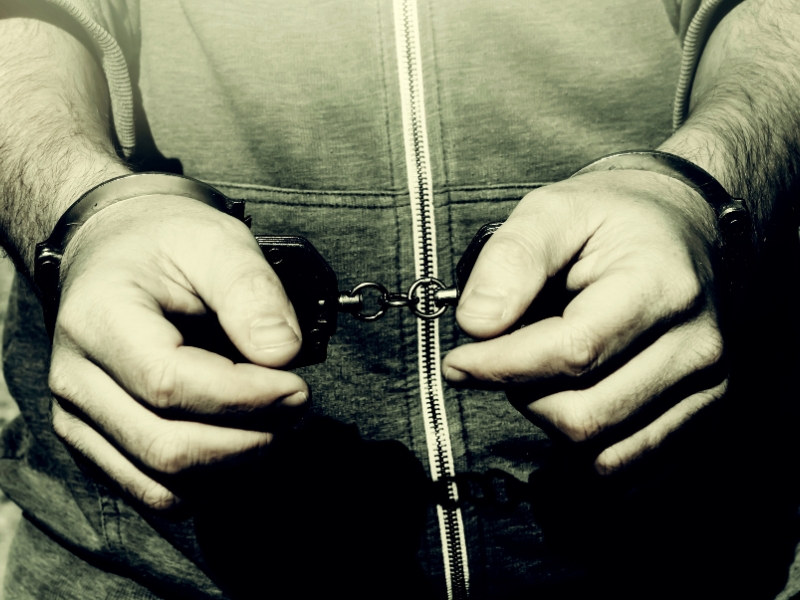Minnesota law allows the police to arrest people with or without a warrant. When a person is arrested, the 36 and 48-hour rules apply, depending on the nature of the arrest and whether the person is a juvenile or an adult. Regardless of the nature of the arrest, a person cannot be held in custody for more than 48 hours unless there is a court injunction.

On This Page
The 36-Hour Rule
The 36-hour rule of the Criminal Procedure states that after arrest, the law enforcement agency has 36 hours to present the arrested person in court. However, the 36 hours do not include the day of arrest, Sundays, and legal holidays. This rule only applies to persons arrested without a warrant.
Since some days are not included in the 36-hour period, a person can spend more than 36 hours in custody before going to court. For instance, a person arrested on Friday evening can remain in custody until Monday noon because the day of arrest and Sunday do not count under the rule. If the following Monday is a holiday, the 36 hours extend to Tuesday noon. If the person is a juvenile, the Saturday does not count, so he or she can be held longer.
However, if there was a warrant of arrest, weekends and holidays will count. The rationale behind this stipulation is that the law enforcement agency had the choice of when to execute the warrant. If the 36-hour period expires while a person is under arrest for a misdemeanor, that individual must be released immediately.
The 48-Hour Rule
The 48-hour rule states that a person cannot be held in custody for more than 48 hours after arrest unless there is a signed complaint against him or her. The complaint is signed by a judge and makes an initial determination that there is probable cause for charging the person with an offense.
The complaint may also indicate that the court has found probable cause to detain the individual for longer than 48 hours. If there is no probable cause, the person must be released after 48 hours have expired. Under the 48-hour rule, every hour counts, meaning that weekends and public holidays are included.





